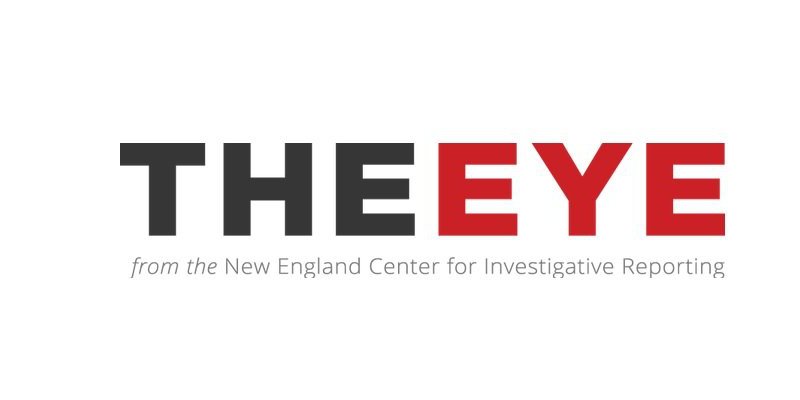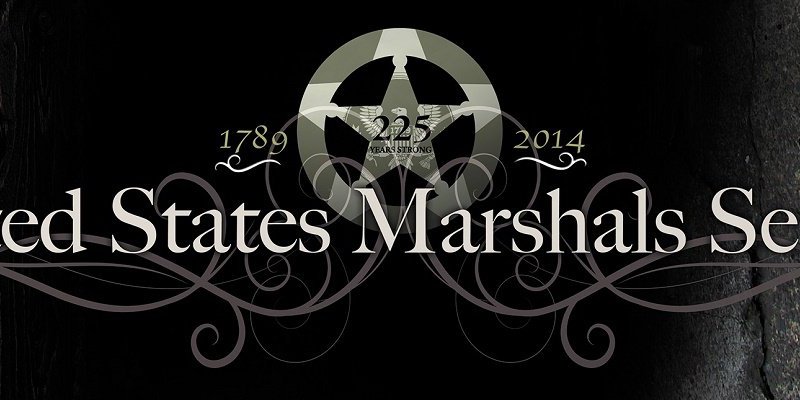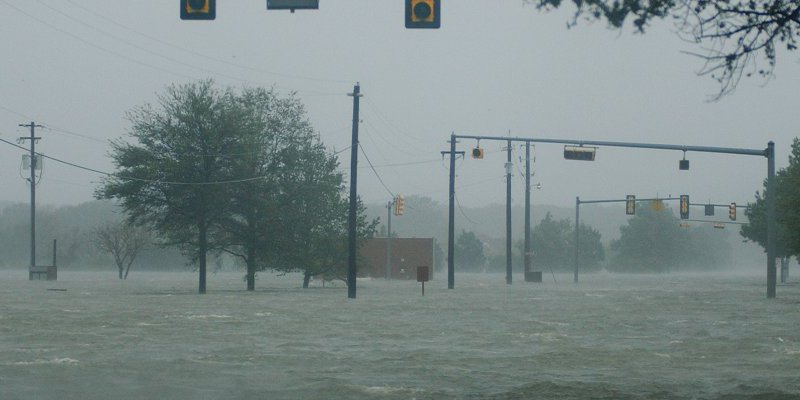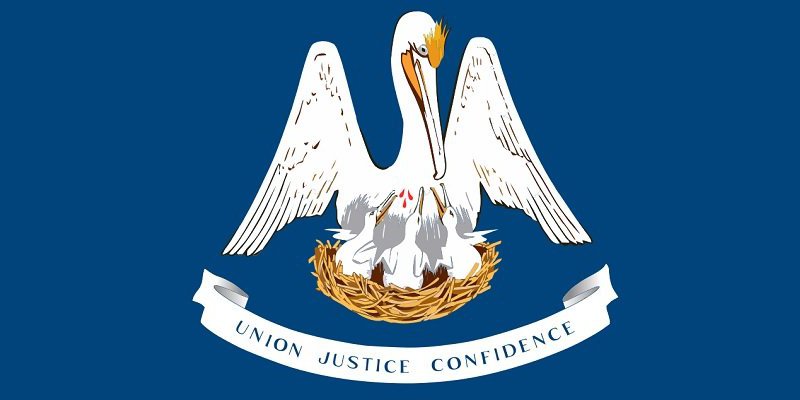-

50 States of FOIA: Missouri
The MuckRock 50 States of FOIA Project aims to shed light on what it’s like to work with public records around the U.S., through the voices of requesters state by state. This time, we focus on the state of Missouri.
-

Chris Christie doubles down on OPRA rejections with “anonymous requester” loophole
The battle for access to New Jersey’s Open Public Record Act (OPRA) logs carries on, even after last month’s Superior Court ruling.
-

Requester’s Voice: Brooke Williams
Brooke Williams is an investigative reporter currently working out of Havard’s Safra Center for Ethics, where she investigates think tanks and their impact on public policy. In this week’s Requester’s Voice, Williams shares her thoughts on why a culture shift in government openness is more important than a policy change.
-

Six-figure sums and loose paper trails in DEA’s high value seized asset ledgers
If the money or property seized by the DEA is particularly valuable, it is recorded in a High Value Seized or Recovered Monies (HVSRM) ledger. Muckrock recently obtained copies of these ledgers for the New York, Los Angeles, New England, Miami, and Houston division offices going back as far as 2011 in some cases.
-

Shining a light on public housing
The are over 26,000 public and subsidized housing units in Boston, with over 58,000 residents living in them. How many of those residents called the Department of Housing and Urban Development hotline to report unsafe or unsanitary conditions in the last ten years? Fourteen months after posing that same question to the HUD, we still have no answer.
-

50 States of FOIA: Massachusetts
The MuckRock 50 States of FOIA Project aims to shed light on what it’s like to work with public records around the U.S., through the voices of requesters state by state. Today we look at Massachusetts.
-

CIA’s FOIA manual trains officers in the art of obfuscation
America’s favorite bureaucratic behemoth, the Central Intelligence Agency, is notoriously one of the most difficult agencies from which to get a straight answer. And as their recently released FOIA guide shows, that’s exactly what their officers were trained to do.
-

FBI files show televangelist Paul Crouch had suspected ties to … well, everybody
Paul Crouch, founder of the Trinity Broadcasting Network, the world’s largest Christian television network, always had a knack for avoiding scandal, brushing off allegations of embezzlement and sexual harassment with ease. However, the televangelists’ FBI file, released after his death, reveals that his criminal ties potentially go a lot deeper - and weirder - than anybody could have imagined.
-

Every item distributed to local law enforcement by the Pentagon’s 1033 program over two years
MuckRock is pushing the Defense Department to release agency-by-agency data on the 1033 program, which transfers excess property from the military to state and local law enforcement nationwide. In the meantime, we’ve obtained via FOIA a complete roster of all participating agencies as well as transfer data down to the state level.
-

50 States of FOIA: Wisconsin
The MuckRock 50 States of FOIA Project aims to shed light on what it’s like to work with public records around the U.S., through the voices of requesters state by state. Today we look at Wisconsin.
-

The FBI’s drone program was almost over before it really began
The FBI has had an eager eye on surveillance drones since first experimenting with remote control airplanes in 1995. But budget cuts nearly ended the Bureau’s unmanned machinations in 2010, and it took a dedicated push aimed at making drones “a tool the FBI cannot do without” to cement their place in the FBI’s surveillance toolkit.
-

Why the courts should allow handing off requests
Government regulations promise swift response to FOIAs—generally 20 working days. But in practice, that goal is rarely met, with some requests taking years to complete, often after the original journalist who filed the request has moved on. Allowing reporters and news organizations to pass along requests is a necessary means of ensuring that agencies can’t simply wait out reporters who would hold them publicly accountable.
-

US Marshals Service spent millions on “swag”
Last November, the Justice Department’s inspector general released a report condemning a division of the US Marshals Service for spending nearly $800,000 on promotional items, otherwise known as “swag.” We now have full, itemized list of the USMS’ “swag” expenditures, and it’s nearly $2 million dollars in tchotchkes.
-

MuckRock’s agreement with you
We’re introducing a new terms of service, a privacy policy, and being clearer about how we handle the volumes of paper government documents you’ve helped us get over the past four years.
-

San Jose Police issue apology while also claiming FAA immunity
Yesterday, police in San Jose issued a statement apologizing for failing to consult the public ahead of acquiring an unmanned aerial vehicle. Hours later, the department released additional documents showing the department considered itself immune from FAA regulation.
-

The LASD bought a five million dollar helicopter with seized assets last year
What started as an attempt to re-create a Pulitzer-winning investigation into racial bias and asset forfeiture became a crash course in just how differently agencies can do the same thing,
-

2013 FBI flood damage assessment shows shocking scope of records loss
Following up on reports that FBI files had been damaged in last year’s flooding, MuckRock co-founder Michael Morisy requested an inventory of what had been lost. Last week, the FBI got back with their initial response, and it’s disturbing, to say the least.
-

50 States of FOIA: Louisiana
The MuckRock 50 States of FOIA Project aims to shed light on what it’s like to work with public records around the U.S., through the voices of requesters state by state. Today we look at Louisiana.